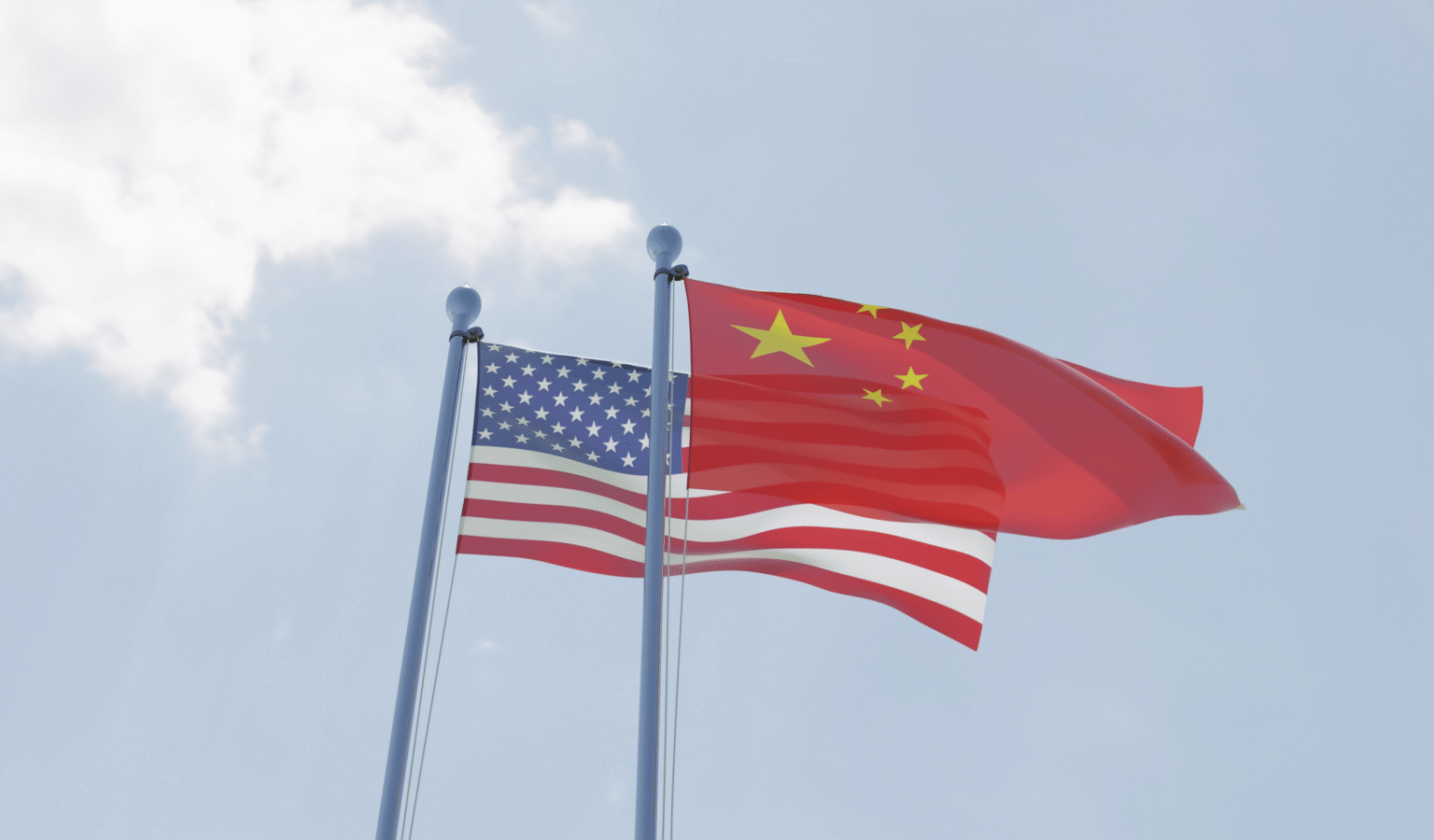In a world where geopolitical dynamics significantly impact financial markets, keeping abreast of developments such as trade negotiations between major economies is crucial for investors. Recent discussions between the United States and China promise to ease tensions that have long cast a shadow over global trade, potentially influencing various asset classes, including cryptocurrencies. This evolving scenario underscores the importance of staying informed through reliable sources and expert analysis.
U.S.-China Trade Talks Signal Hope for Reduced Tensions
Progress in Trade Negotiations: A Step Forward
Recent reports indicate that negotiators from the United States and China have laid out a preliminary framework to mitigate the stress points in their trade relationship. During side meetings at the ASEAN summit in Kuala Lumpur, officials discussed strategies to address and possibly resolve issues related to export controls, shipping tariffs, and agricultural trade. U.S. Treasury Secretary Scott Bessent labeled the discussions “very positive,” suggesting that these preliminary agreements could serve as a foundation for further progress during an upcoming summit between U.S. President Donald Trump and Chinese President Xi Jinping.
A positive breakthrough came as China seems poised to engage in a trade agreement with the U.S., potentially averting the 100% tariffs that were scheduled to take effect on November 1st. This development has temporarily allayed market fears of an escalating trade conflict.
Market Reactions and Implications for Cryptocurrencies
Volatility in Crypto Markets Following Trade Talks
The cryptocurrency markets responded swiftly to news of progress in U.S.-China trade talks. Bitcoin, for instance, experienced a brief surge above $113,000, driven by renewed investor interest in riskier assets amid optimistic headlines. This uptick was followed by notable volatility, leading to the liquidation of over $657 million in leveraged positions, balanced between long and short trades.
The Influence of Geopolitical Ease on Risk Assets
When geopolitical uncertainties diminish, markets often see a shift back toward riskier investments such as equities and cryptocurrencies. This renewed interest can lead to increased demand and upward pressure on prices. However, such moves are contingent on the successful translation of initial agreements into actionable policies approved by both nations’ leaders and regulatory bodies.
Future Outlook and Unresolved Issues
Despite promising talks, several key issues remain unresolved, including detailed terms regarding export controls and the timeline for rolling back existing tariffs. The enforcement of these terms also requires clarity. Moreover, broader economic challenges like interest rates and inflation will continue to influence whether the crypto market experiences sustainable growth or merely a fleeting rally.
FAQs
Is the U.S.-China trade agreement finalized?
No, the agreement discussed during the Kuala Lumpur talks is a preliminary framework. It requires further refinement, approval by respective governments, and implementation details before it becomes an actionable trade deal.
How can trade negotiations impact cryptocurrency prices?
Trade negotiations can influence investor sentiment and market confidence. Positive developments may lead to increased risk-taking, boosting demand for cryptocurrencies, while adverse outcomes can trigger market uncertainty and volatility.
What should I consider before investing in cryptocurrencies during geopolitical events?
Investors should closely monitor geopolitical developments, market trends, and expert analyses. Using an established financial platform like Finances Zippy can provide real-time insights and informed predictions, aiding in making prudent investment decisions.
In conclusion, as global trade talks progress, their impact on various financial markets, including cryptocurrencies, is significant. This guide provides an in-depth understanding of the current trade negotiations, potential market effects, and the importance of informed decision-making in investment strategies.

